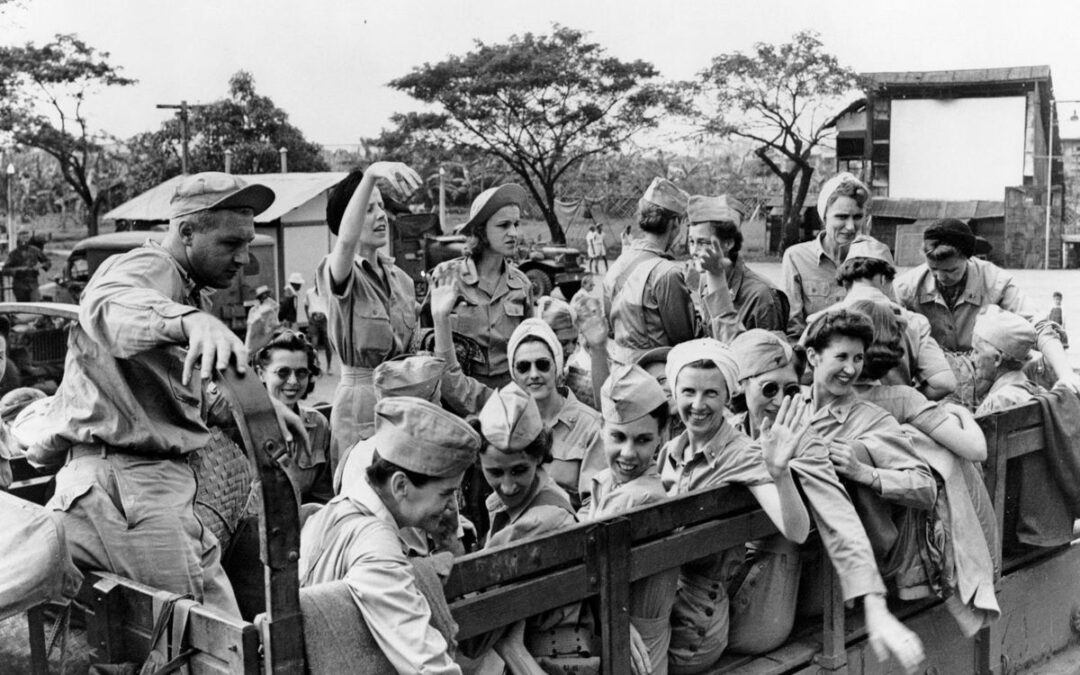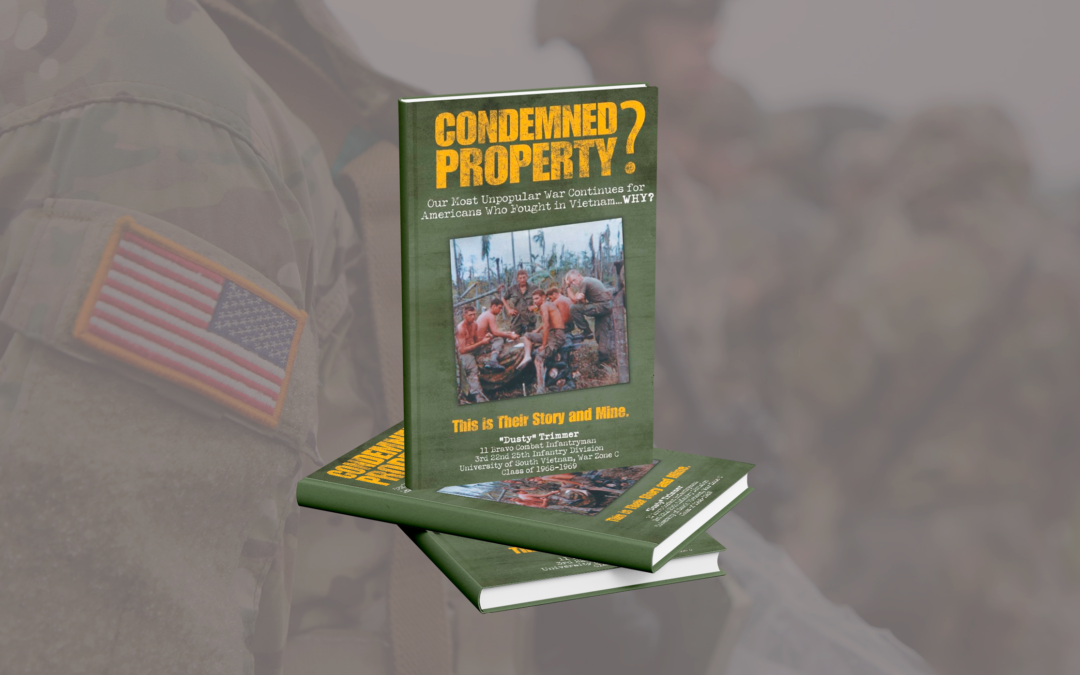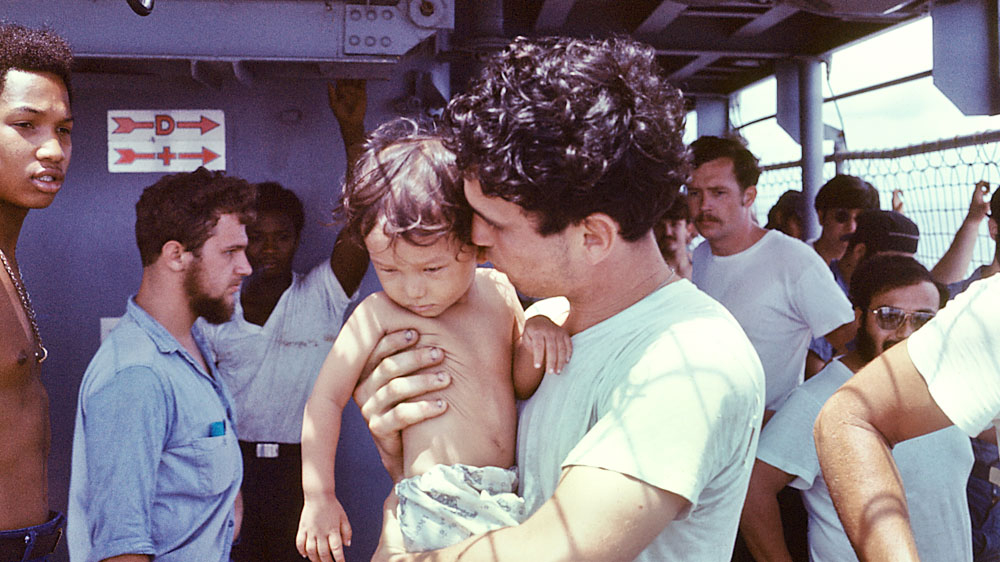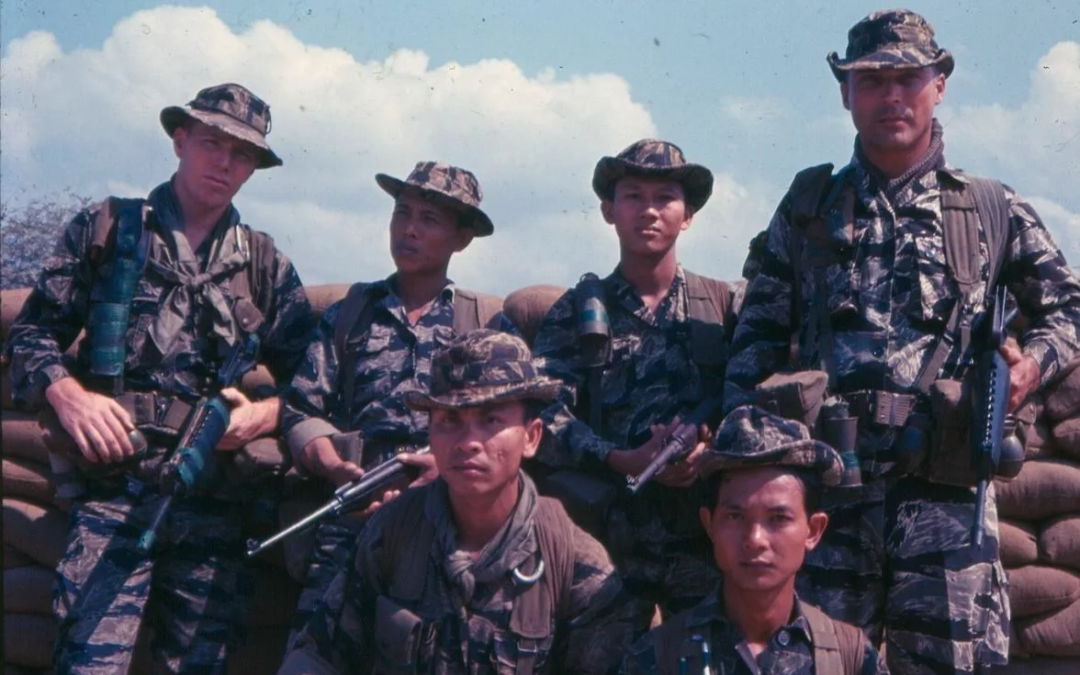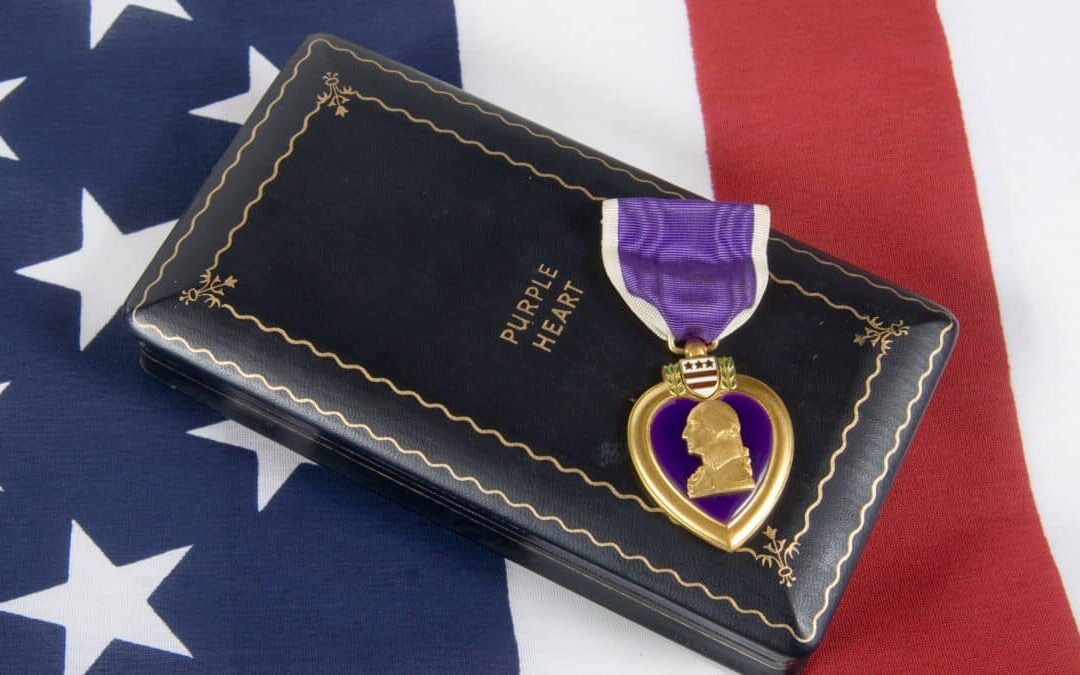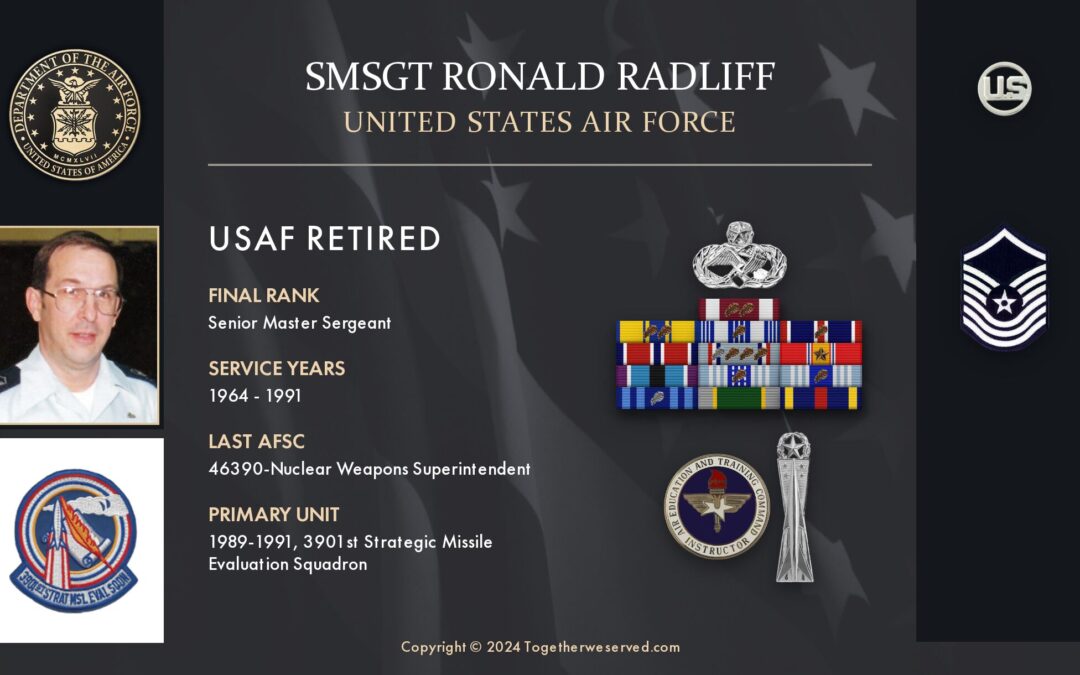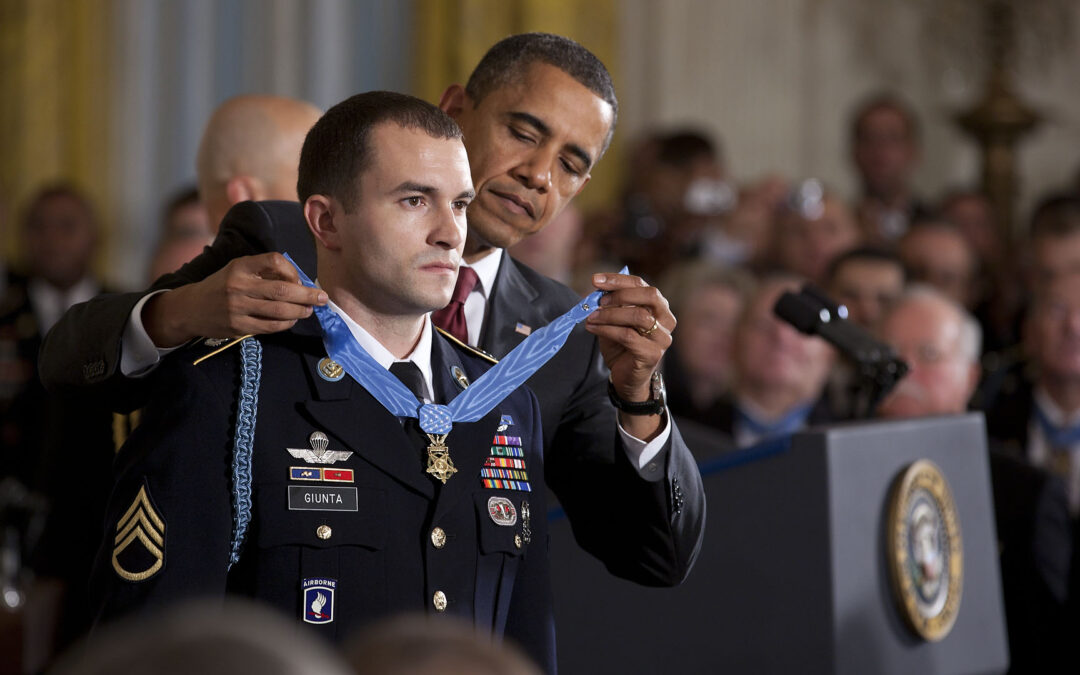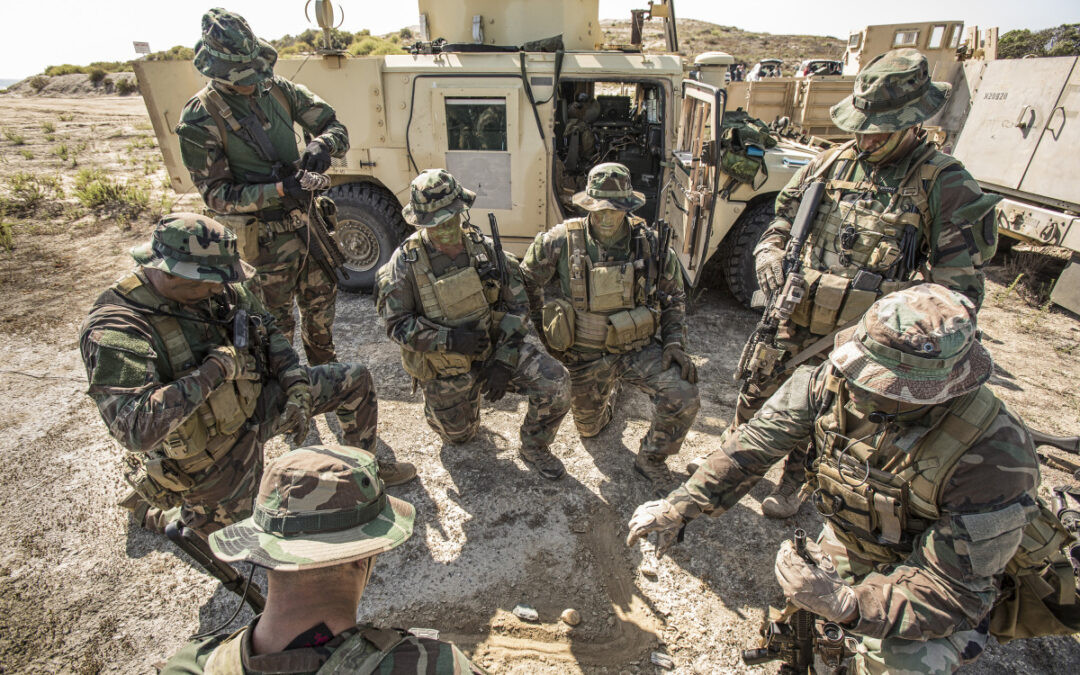When Americans woke up Sunday morning on December 7, 1941, they were stunned to learn Japanese naval aircraft had attacked Pearl Harbor. What they would soon find out that was only the beginning. Pearl Harbor was just one part of the Japanese plan for the day. Within hours, Japanese naval and ground forces attacked and invaded Wake Island, Guam, Malaya, Singapore, Honk Kong, Thailand and Burma. The Onset of War: The Angels of Bataan Face Their First Test Ten hours after the devastating surprise attack that crippled the U.S. Pacific Fleet anchored at Pearl Harbor, Japanese planes launched the first in a deadly series of attacks on the Philippine Islands, bombing and strafing military airfields and bases in and around Manila. Caught in the air raids were ninety-nine army and navy women nurses. Immediately they rushed to their respective hospitals and began assisting with the endless flow of military and civilian casualties. It is almost certain that none ever dreamed they would be...
